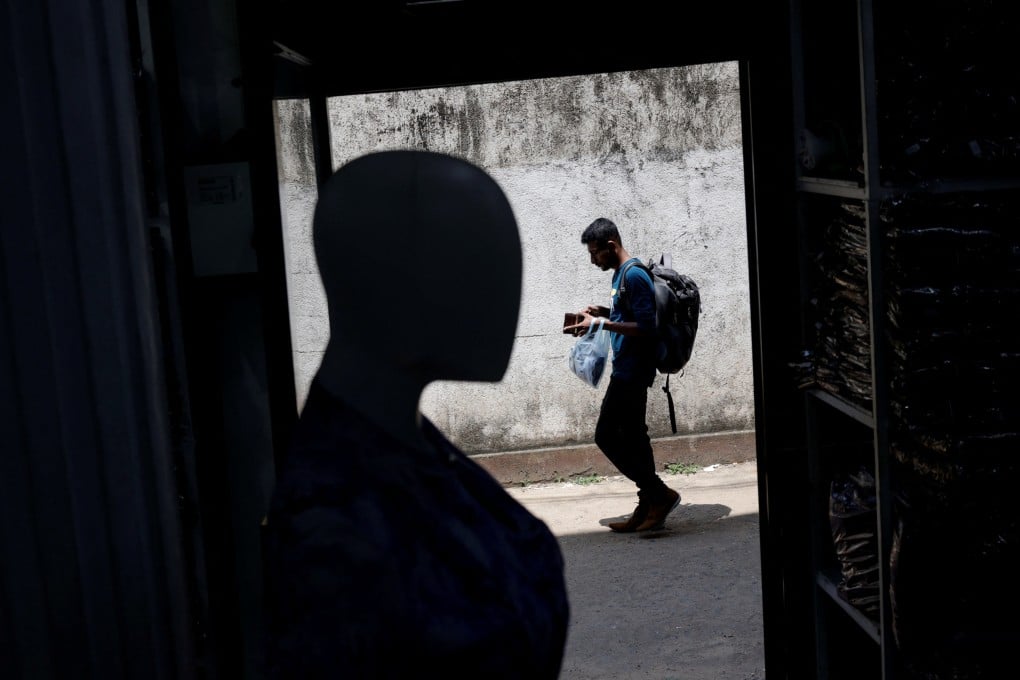Advertisement
Macroscope | Sri Lanka debt deal shows creditors can set aside geopolitical rivalries for debt-distressed nations
- It was a feat to get China, the world’s largest bilateral creditor, to agree with its geopolitical rivals in the Paris Club and India
- With dozens of countries in debt distress or at high risk, such agreements are desperately needed. But is this a one-off or a permanent shift for China?
Reading Time:3 minutes
Why you can trust SCMP
1

The International Monetary Fund approved a US$3 billion loan to Sri Lanka a month ago as the first step in restructuring its debt. This is a significant victory for Sri Lanka’s President Ranil Wickremesinghe and could lead to a gradual stabilisation of the economy and the government’s turnaround from bankruptcy.
After the “staff-level agreement” signed with the IMF six months ago, Sri Lanka’s debt restructuring has finally been approved by the IMF board. In this restructuring, China played a major role. As Sri Lanka’s (and the world’s) largest sovereign creditor, China joined Western governments and India in providing the assurances that unlocked the financing.
But is China’s role in Sri Lanka’s debt restructuring a one-off or a signal that China’s position on sovereign debt has shifted – something that could lead to a global policy breakthrough in negotiating debt restructuring?
For a start, Sri Lanka is geopolitically more relevant to China than many other debt-ridden countries. China has invested in a harbour in southern Sri Lanka and in Colombo Port City, a new commercial development in the capital.
While these investments are unlikely to pan out economically, they provide a foothold for China in an island that sits astride the major shipping lanes transporting China’s oil and trade. China’s presence also gives it a foothold close to its main regional rival India. So China’s assurance to the IMF about supporting Sri Lanka’s restructuring is as much about geopolitical considerations as financial ones.
Indeed, China’s assurance, formally conveyed early last month, contrasts against its position at the G20 forum in Bangalore, India, on sovereign debt just weeks before. Then, China had only committed to a two-year moratorium on Sri Lanka’s debt, unlike the 10-year moratorium proposed by Western creditors and India.
Advertisement
Select Voice
Choose your listening speed
Get through articles 2x faster
1.25x
250 WPM
Slow
Average
Fast
1.25x
